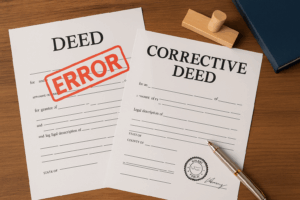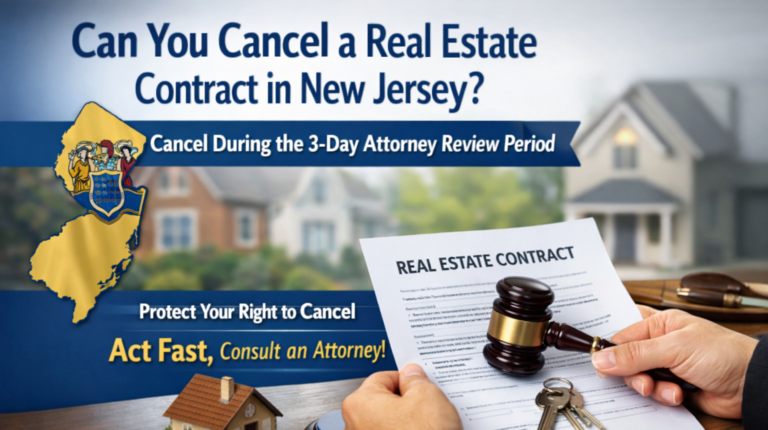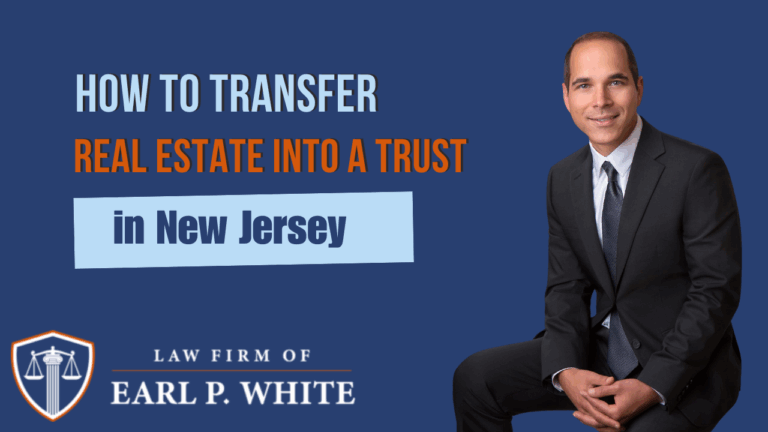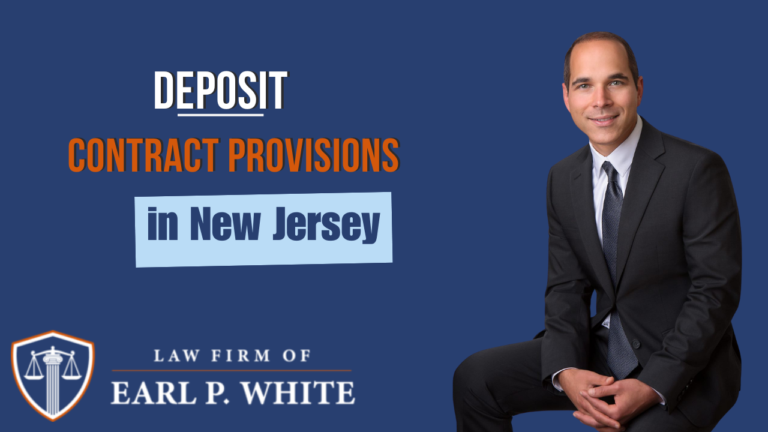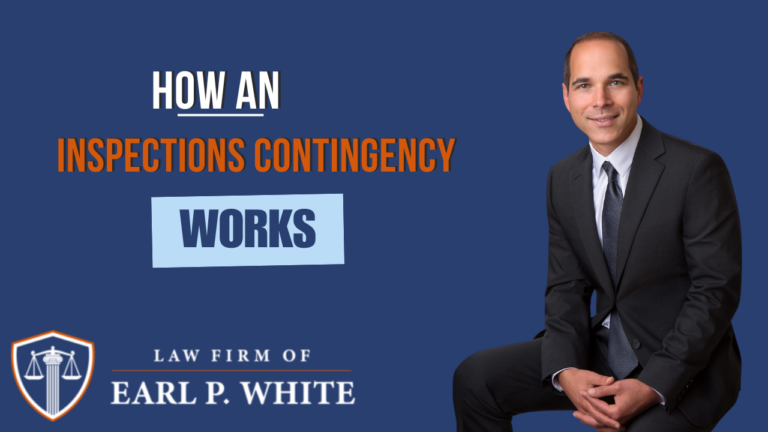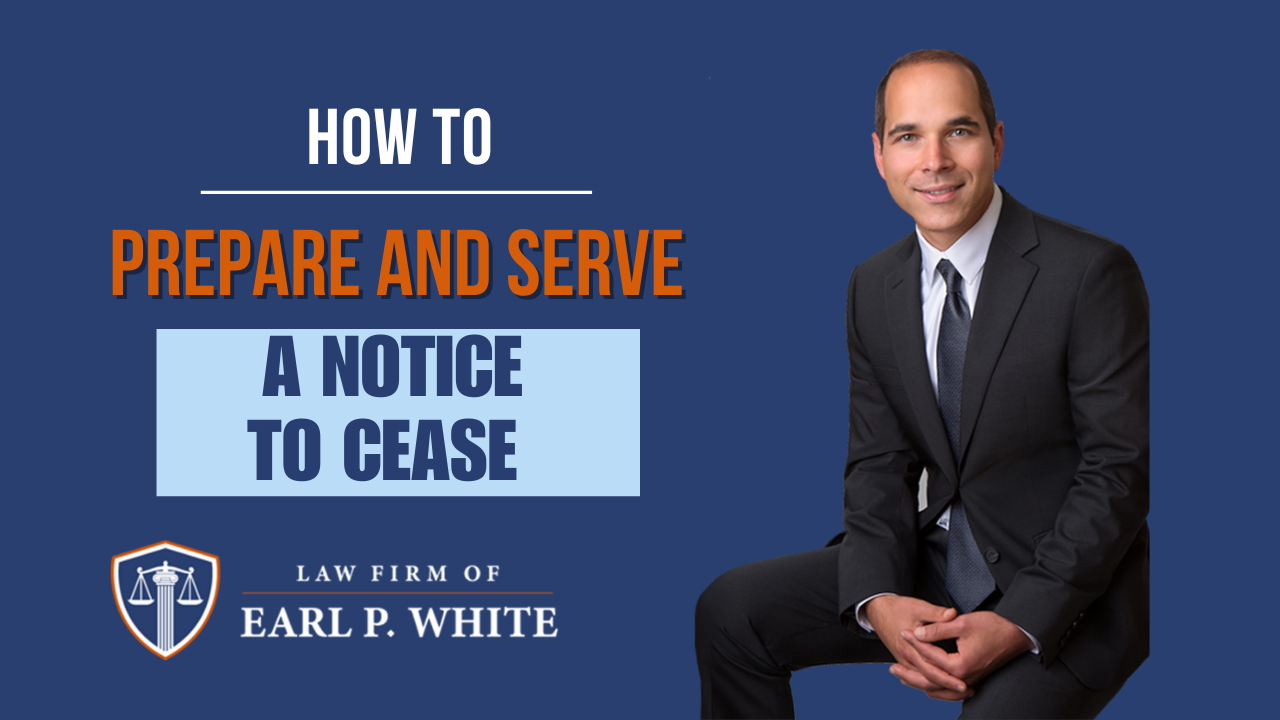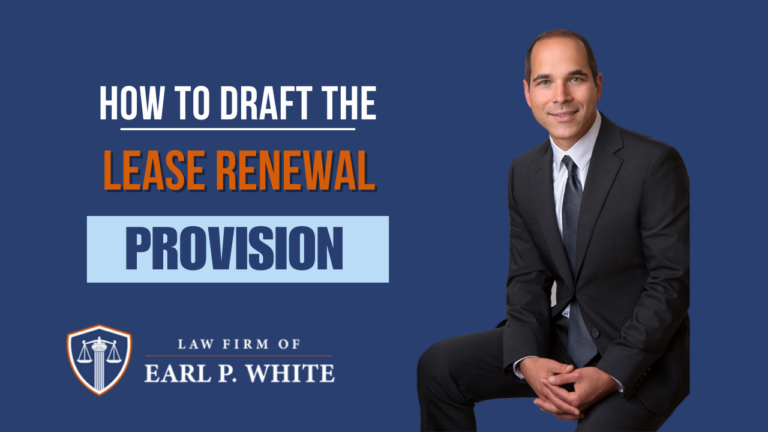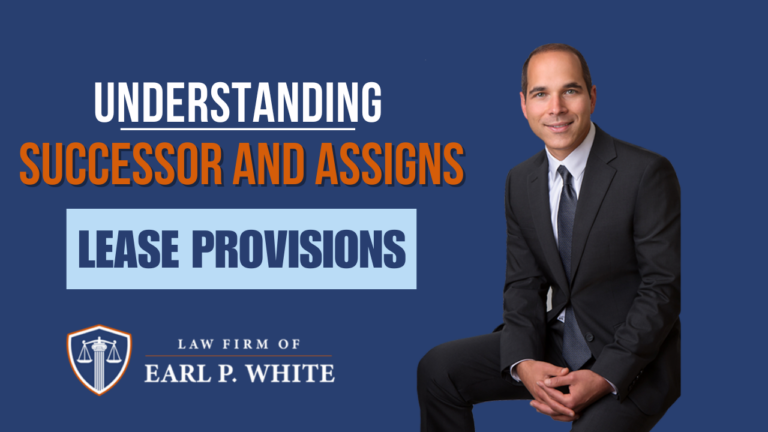Do you need to correct an error in your property deed in New Jersey?
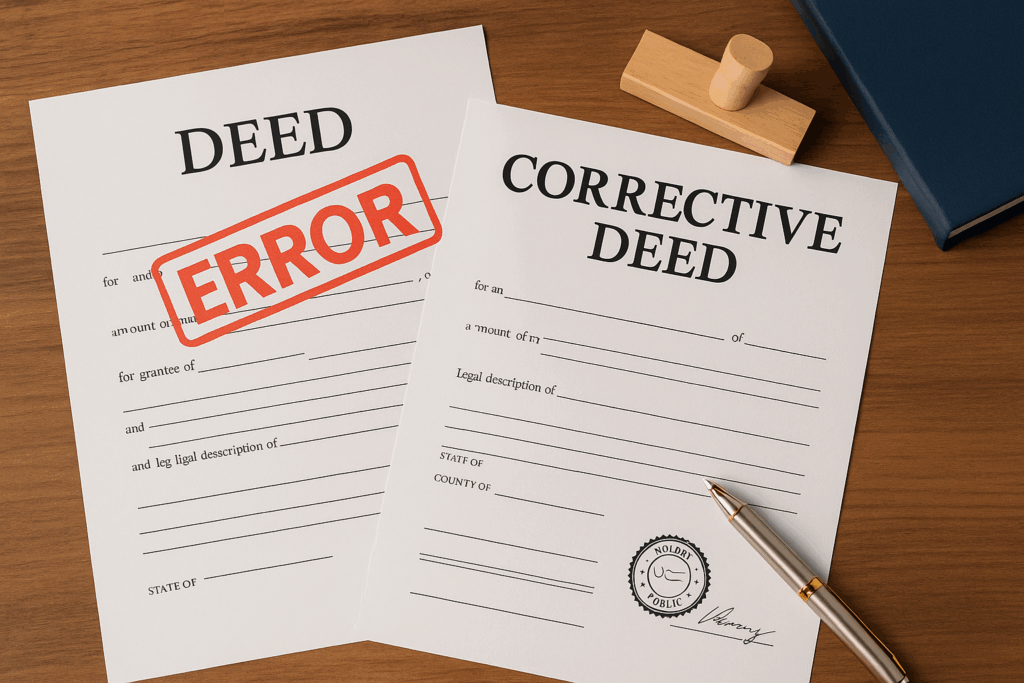
In New Jersey, errors in a deed are fixed by a corrective deed that references the original deed and specifies the mistake along with the correction. Corrective deeds must be signed, notarized, and include details such as the grantee’s mailing address, preparer’s name, and legal description. The deed is recorded with the county to update the public record and ensure the correction is legally recognized.
Deed accuracy is more than a formality. Deeds establish ownership, notice third parties, and protect property interests. Mistakes — even minor ones — can interfere with financing, utility transfers, school registrations, and future sales. More serious errors can create conflicts over ownership.
This article discusses why and how to correct deed errors, costs involved, and the role of attorneys to ensure legal compliance.
Reasons to Correct a Deed Error
A corrective deed fixes mistakes in previously recorded real estate deeds. These deeds reference the book and page of the previous deed and do not change ownership.
Errors in real estate deeds range from simple typos to significant mistakes in the legal description of property. Common issues include names misspelled on a property deed, incorrect marital status, wrong addresses, and incorrect lot and block numbers. Fixing errors can prevent small mistakes from becoming legal battles.
What if your deed is wrong?
Errors in title deeds have real-world consequences.
- Government notices such as property tax bills are issued using deed information. A wrong name or address may result in misdirected notices, causing missed tax payments or liens.
- Incorrect name matches may create a false appearance of liens against your property.
- Everyday activities like enrolling children in school or switching utility accounts can also be disrupted or delayed.
- Incorrect legal descriptions can result in a deed being recorded on the wrong property, leaving ownership recorded incorrectly in public records.
- Wrong marital status can create confusion after the death of one owner. “Husband and wife” relationship transfers ownership to the other upon death; otherwise the property passes via deed language or inheritance laws.
In Lott v. Borough of Roselle, DOCKET NO. A-1123-19T4 (N.J. Super. App. Div. Dec. 28, 2020), a 1994 deed from the Borough of Roselle to a buyer had the wrong lot and block number and as such the public records were never updated to reflect the buyer’s ownership. In 2018, the Borough tried to sell the property to a different buyer since the Borough was still the owner of record. This lawsuit highlights the importance of accurate deeds.
Mistakes in deeds can be rectified. Acting quickly is key to preventing small mistakes from becoming legal battles.
Key Elements of Corrective Deed Language
A corrective deed — also called a correction deed, confirmatory deed, or deed of confirmation — must be drafted to ensure county clerks accurately record the correction.
The correction deed language should include the following elements:
- Title: The deed should be titled “Corrective Deed,” “Correction Deed,” or “Deed of Correction.”
- Recitals/Background: The deed recitals should explain the reason for execution. Example: “This Corrective Deed is made to correct a scrivener’s error in the deed recorded on [date], in Book [number], Page [number], in the [County] Clerk’s Office.”
- Identification of the Original Deed: Reference the original deed by date, parties, and recording information.
- Statement of the Error and Correction: Describe what was wrong and provide the correction. For example: “The original deed incorrectly stated the property address as 123 Main Street instead of 321 Main Street.”
- Confirmation of No Other Changes: Clarify the other terms of the deed remain the same. Example: “All other terms of the original deed remain unchanged.”
- Re-execution and Acknowledgment: The corrective deed must be signed and acknowledged by the current owners.
The following sample illustrates the structure:
“This Corrective Deed is made as of [date], by and between [Grantor Name(s)] and [Grantee Name(s)]. WHEREAS, a deed dated [original date] and recorded on [recording date] conveyed property but contained a scrivener’s error in [legal description/address]; NOW, THEREFORE, this Corrective Deed is executed to correct the error as follows: [state correction]. Except as corrected herein, all other terms remain unchanged.”
Steps to Correct a Deed
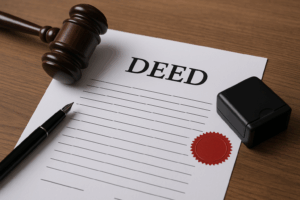
Correcting a deed in New Jersey follows a series of legally required steps.
Step 1: Hire a New Jersey Real Estate Attorney
Preparing deeds is considered the practice of law in New Jersey.
Only attorneys may prepare deeds for others with limited exceptions. See (In re Opinion No. 26 of the Committee on Unauthorized Practice of Law, 139 N.J. 323 (1995)). Individuals may prepare their own deed but preparing deeds for others typically constitutes the unauthorized practice of law.
A real estate attorney provides the following benefits:
- Legal compliance: Ensure the deed meets statutory requirements.
- Error prevention: Attorneys avoid mistakes such as wrong legal descriptions or missing signatures.
- Title review: Attorneys perform due diligence to identify liens or encumbrances.
- Tax and fees guidance: Attorneys advise on transfer taxes and exemptions.
- Complex transfers: Attorneys handle deeds involving estates, trusts, or divorces.
- Risk mitigation: Attorney oversight reduces chances of future disputes.
- Recording assurance: Attorneys ensure proper filing with the county clerk.
The case of St. Pius X House of Retreat, Salvatorian Fathers v. Diocese of Camden, 88 N.J. 571 (1982) illustrates the importace of accurate deeds. The seller contracted in 1966 to sell Lot 2H in Gloucester Township to Albert and Mary DiSalvio. Years later, while selling their remaining lands to the Diocese of Camden, the seller mistakenly included Lot 2H in the deed. The error went undetected until 1974 causing a dispute over ownership, claims for deed reformation, and litigation reaching the New Jersey Supreme Court.
The sale in St. Pius X House spiraled into years of conflict because of a single uncorrected mistake. An attorney can help prevent and mitigate these situations.
Step 2: Draft Required Documents
Several documents are typically needed when rectifying deed error:
- Corrective Deed: Must satisfy validity requirements. New Jersey law requires deeds be in writing, identify parties, describe the property, be signed by the grantor, and delivered with intent to convey (N.J.S.A. 25:1-11; Branco v. Rodrigues, 476 N.J.Super. 110 (App. Div. 2023).
- Seller’s Residency Certification/Exemption (GIT/REP-3): Use New Jersey’s GITREP-3 listing $1.00 for consideration customarily and checking the box “The total consideration for the property is $1,000 or less so the seller is not required to make an estimated Income Tax payment.” Alternatively use the GIT/REP-4 form.
- Affidavit of Consideration (RTF-1): The RTF-1 form is a statement of true consideration appended to the deed. Describe the nature of the correction in the section called “FULL EXEMPTION FROM FEE”, list the consideration as $1.00 customarily, and cite “(d) Which confirms or corrects a deed previously recorded”.
Step 3: Notarize the Deed
Deeds must be notarized.
Notaries and attorneys, and other select government officials, may notarize deeds. See N.J.S.A. 46:14-6.1 (“The officers of this State authorized to take acknowledgments are . . . (1) an attorney-at-law; (2) a notary public”).
The signer must either appear in front of the notary either in person or using an approved video communication system. The notary must confirm the signer’s identity, either by knowing them personally or by checking a valid government-issued ID. The document must contain a certification and must be signed and dated by the notary, state the jurisdiction, and include the notary’s title and commission expiration date (if applicable).
Step 4: Record the Deed
Confirmatory deeds after being recorded in the county records place the public on notice of the change.
To be recorded, deeds must include the grantee’s mailing address, preparer’s name, and lot and block number. Recording occurs with the county clerk or registrar (for example Essex, Bergen, Passaic, Hudson).
New Jersey follows a “race-notice” system. The first properly recorded deed takes priority. See N.J.S.A. 46:26A-12; Cox v. RKA Corp., 164 N.J. 487 (2000) (“New Jersey is considered a race notice jurisdiction, which means that as between two competing parties the interest of the party who first records the instrument will prevail so long as that party had no actual knowledge of the other party’s previously-acquired interest.”)
Cost of a Correction Deed
The correction deed process involves legal fees and recording costs.
- Attorney’s Fees – Typically range from $600 to $1,200. Costs depend on error complexity and county requirements.
- County Recording Fees – Standard fees are established by statute. Under N.J.S.A. 22A:4-4.1, the fee is $30 for the first page and $10 for each additional page. Related services, such as recording tax sale certificates or notices of settlement, also have fixed costs.
- E-Recording Costs – Many counties allow e-recording. It is faster, avoids mailing risks, and typically costs $50 to $100 depending on service provider.
Recording fees are uniform across each county in New Jersey. By budgeting for attorney’s fees, statutory recording charges, and e-recording / mailing costs, property owners can plan for the full correction deed cost with confidence.
Frequently Asked Questions
What if my name is misspelled on the deed? Misspelled names are a common scrivener’s error. A corrective deed can fix it by accurately stating your legal name. The correction ensures that tax notices, utilities, and future transactions reflect the true owner.
Q2: Do I owe Realty Transfer Fee on a corrective deed? Realty transfer fee is not due on a corrective deed. New Jersey law exempts corrective deeds from realty transfer fees when they confirm or correct a previously recorded deed. See N.J.S.A. 46:15-6-10(6)(d) (“The fee imposed by this act shall not apply to a deed . . . which confirms or corrects a deed previously recorded.”
Q3: Which GIT/REP form do I use for a $0 corrective deed? Use GIT/REP-3 and check the box for consideration less than $1,000.00. Some counties may prefer that you use a GIT/REP-4 form instead.
Q4: Can I notarize remotely in New Jersey? Yes. Remote online notarization (RON) is permitted if requirements are followed. The notary must verify identity and use approved communication technology. See N.J.S.A. 52:7-10.10.
Q5: Do I need a lawyer to prepare the deed?
Yes, unless you are preparing your own deed or fit into a limited exception. New Jersey courts classify deed preparation as the practice of law and generally only licensed attorneys (or select third parties) may prepare deeds for others. See In re Opinion No. 26, 139 N.J. 323 (1995).
Stay ahead with our free newsletter: The Real Estate Law Newsletter – your source for real estate law news.
Essential updates and insights direct to you. Impress clients and colleagues with trending news. Sharpen expertise. Stay legally compliant. Access free legal forms. Don’t miss out – join today!
